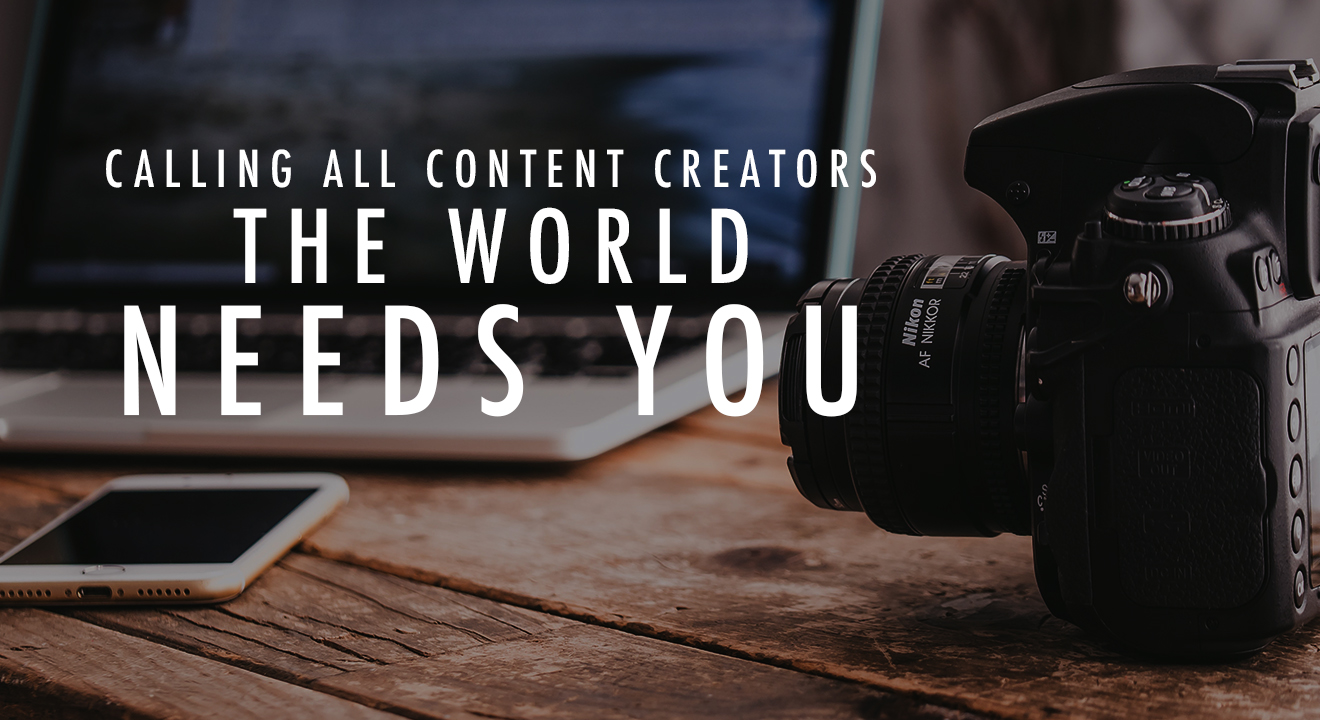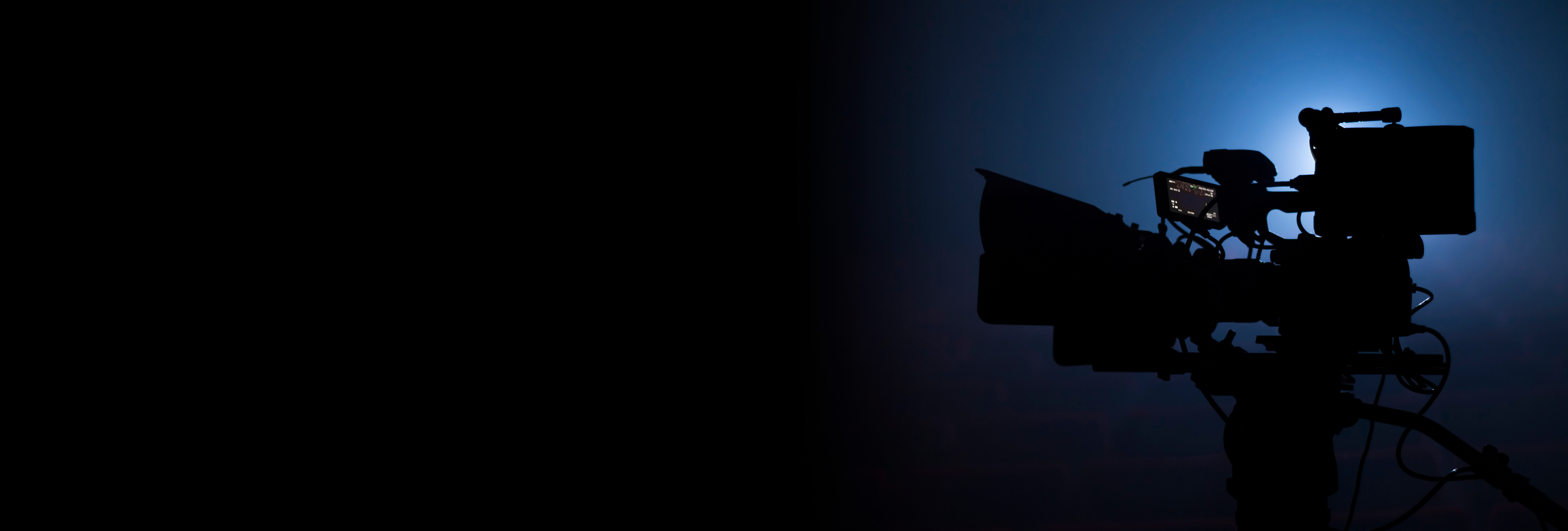Attention content creators! The world needs you more than ever.
The world is changing so fast that content creators are scrambling. In today’s tragic climate of inexcusable racial injustice, polarizing politics and pandemics, it is not difficult to find motivation to create a narrative. As a filmmaker, it makes me wonder how I can help the world understand itself better through the lens.
Over the last few days I have been trying to figure out a way to communicate the urgency of what we do as content creators. Filmmaking by and large is an expensive industrial processes. My goal in life is to help everyone communicate their ideas in ways that are effective and attainable. There is truly an importance to being a filmmaker, and by turning your lens on society, we can learn and grow from that experience.
Despite the changes brought on by the global pandemic, our industry is transforming at a lighting rate. The call for diverse perspectives are even more demanding. As major Hollywood productions scramble to find a path forward, it is a massive opportunity for the average content creator to assert themselves into the conversation. But don’t delay!
More than one way to tell your story.
As content creators there are more than one way to tell your story through cinema. When consulting filmmakers on the topic of developing and budgeting, they often argue that their story cannot be told with a micro budget. Now I will confess, some scripts are special cases such as war movies, period pieces or political dramas. All of these types of movies require a certain level of budgetary consideration. In those special cases, I advise the filmmaker to find an established producer with a track record who can champion their project.
That goal within itself could take years.
When looking at a script, I try to look at the soul of the story. What is this screenplay about? What is the message? What is it trying to say? Many times the idea is better than the execution. Sometimes simplicity can help a story or plot thrive.
Here is an example of screenplay that could be reshaped to fit into a micro budget.
Let’s play with the recent film 1917.
Plot: Two soldiers have to cross enemy lines to deliver a message that will save the lives of thousands of soldiers during the first world war.
Technique: A seemingly one shot experience, making the audience feel like they are in the movie with the actors, crawling through the mud, and hell of war.
Goal: An immersive experience, showcasing the first world war and paying tribute to a grandfather
Story message: War sucks. Saving lives today is futile if a war continues tomorrow.
Now, in looking at this story, what ways could we reduce the scope of the production, while maintaining the overall integrity of the plot, goal and story message?
Here are some thoughts.
Plot: Two soldiers pinned down in a trench while trying to deliver a message that will save the lives of thousands of soldiers during the first world war. WILL THEY MAKE IT?
Technique: A seemingly one shot experience, making the audience feel like they are stuck in the trench with these soldiers.
Goal: An immersive experience, showcasing the first world war and paying tribute to a grandfather
Story message: War sucks. Saving lives today is futile if a war continues tomorrow.
You’ll notice that the goal and story message are exactly the same, but the technique used here is consolidated. By trapping the two heros in a trench, and allowing the “theatre of the mind” to play bigger than fear itself, we have saved the production thousands, if not millions of dollars in production cost. Despite the dynamics of a particular screenplay, the soul of the story is bigger than its baggage. YOU COULD BUILD A TRENCH IN YOUR GARAGE OR BACK YARD!
Documentary might be the way to go!
With so much going on in the world, it might be a wise idea to start considering the path of documentary filmmaking. It doesn’t take much to find a topic that needs attention. Whether you are trying to educate your audience on a historical event, or add perspective to a current conversation, documentary filmmaking is an important medium, and one that some say is our last hope for media democracy.
The best thing about documentary filmmaking is that you need less to get started. In some cases, you may already have everything you need to start capturing stories. Remember, you carry one of the biggest tools in tour coat pocket. It’s a cellphone, and it captures real life images that the world is expecting to see. You don’t always need big expensive cameras or big production teams to get started. You just need the right idea and an understanding of how to use the tools you have to capture the story. There’s great YouTube Videos for that.
If you find your budget loftier than your current wallet realities, then it should serve as an opportunity for an evaluation of the type of movie you are trying to make. Perhaps this one needs more time. Perhaps you can trim it down, and make it manageable. Perhaps you can start with a smaller project. One thing I can promise you however, the longer an idea sits unfunded, the less likely it is to get made.
You need points on the board, and the world needs new voices.
Not tomorrow, now!




